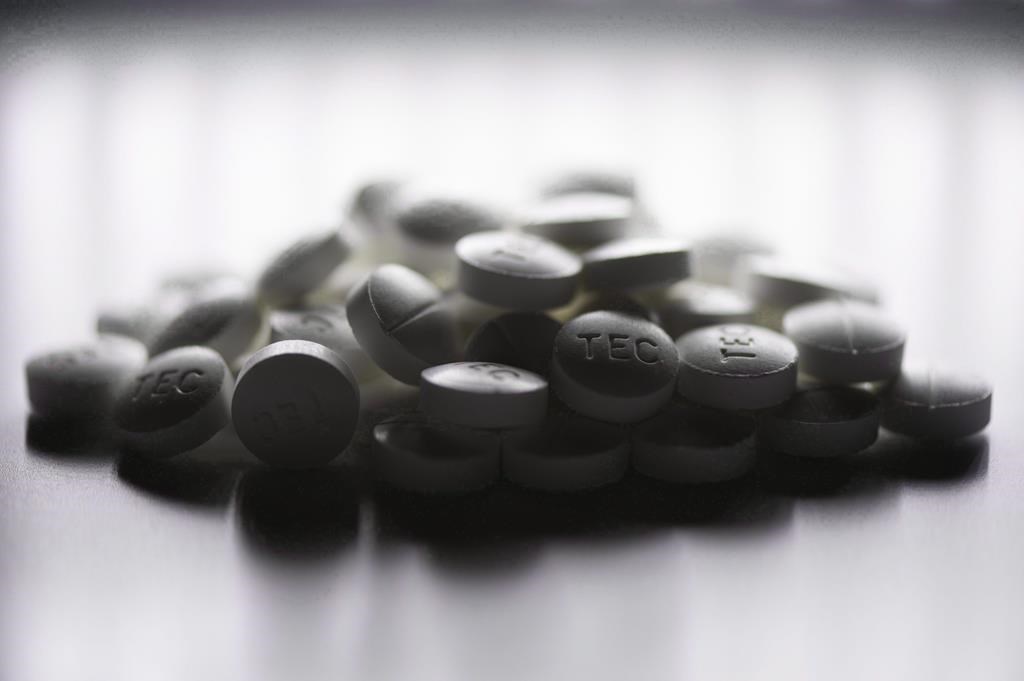A concerning new synthetic opioid known as cychlorphine has been detected in Toronto's unregulated drug supply, raising alarms about potential increases in overdose cases. Toronto's Drug Checking Service first identified this novel opioid approximately six weeks ago, with its presence confirmed in various samples across the downtown area and the city's west end.
Karen McDonald from the Drug Checking Service explained that cychlorphine was developed as a pain relief medication but was never approved for clinical use. Evidence of its presence was first noted on September 12, when a sample submitted as Percocet tested positive for the opioid. In the following week, three additional samples identified as oxycodone, Percocet, and hydromorphone also contained cychlorphine. McDonald emphasized the worrying nature of discovering new drugs within the community due to the lack of information about their effects.
Since 2019, the Drug Checking Service has partnered with community organizations and safe consumption sites to offer free laboratory drug screening services. This initiative not only assists individuals in understanding the substances they are consuming but also helps track the prevailing drug landscape in the city. McDonald noted, “We are generating a ton of data on the drug supply. We bring all of that data all together and as quickly as possible, educate the community on what is that is circulating and what anticipated risks might be.”
Despite these efforts, the Drug Checking Service faces significant challenges due to recent funding cuts from the Ford government, which have redirected focus from harm reduction to treatment and recovery services. Since April 1, the government has implemented regulations banning supervised consumption sites from operating within 200 meters of schools or daycare facilities. Many sites have opted to transition under the new abstinence-based model, known as homelessness and addiction recovery treatment (HART) hubs, further complicating harm reduction efforts.
As a consequence of these closures, the Drug Checking Service has experienced a 40 percent reduction in the number of samples collected, which McDonald states results in a diminished capacity to monitor the drug supply effectively. “When the sites closed, we observed a 40 percent reduction in samples we are collecting… It just means less information about what is circulating and how to potentially protect people from harm and death,” she said.
At this stage, the potency and effects of cychlorphine on individuals remain unknown, but McDonald cautions that Toronto’s drug supply is increasingly susceptible to contamination and unpredictability. She pointed out the growing prevalence of unapproved drugs, noting, “There are more drugs presenting that we just don’t know what their effects may be. They are not approved for human use and so the risks are incredibly high.”
In response to the rising concerns, the drug-checking service has recently expanded its operations to include Peterborough and Kingston. Support from Health Canada may pave the way for a broader reach, potentially making drug checking services available across all 29 public health units in Ontario within the next two years.












